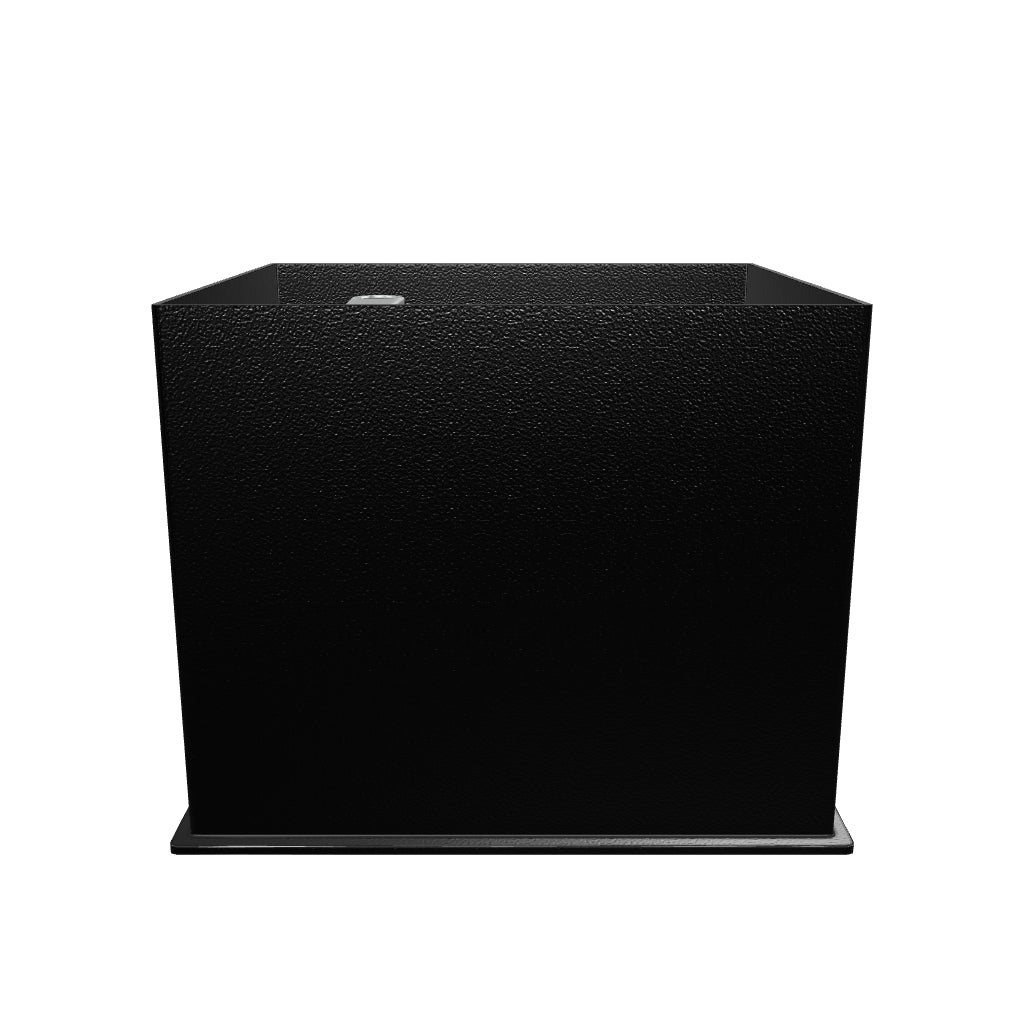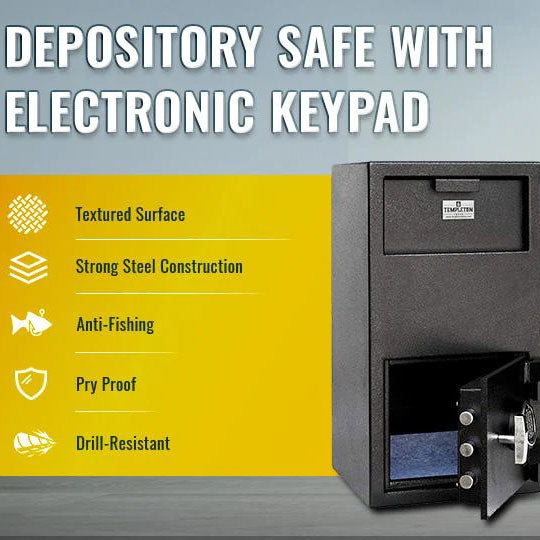Small Business Safes: Protecting Cash, Sensitive Data, and Business Continuity
In the fast-paced world of entrepreneurship and small business management, safeguarding your assets is paramount. Whether you're a startup founder or a seasoned small business owner, one critical aspect often overlooked is security. Small business safes can be your first line of defense when it comes to protecting cash, sensitive data, and ensuring business continuity.
The Importance of Small Business Safes
Cash Protection
Small businesses deal with varying amounts of cash daily, from cash registers to petty cash funds. This influx of cash can make your business an attractive target for theft. Small business safes provide a secure place to store your cash, reducing the risk of theft or pilferage.
A well-designed safe can deter would-be thieves, providing you with peace of mind knowing that your hard-earned revenue is safe and sound. Moreover, having cash readily available in a secure location ensures you can meet immediate financial obligations and operate smoothly even in emergencies.
Protecting Sensitive Data
In the digital age, small businesses handle a plethora of sensitive data, including customer information, financial records, and intellectual property. Data breaches can have devastating consequences, leading to reputational damage and legal ramifications.
Small business safes are not just for cash; they can also be used to store vital documents, backup drives, and digital media. Fire-resistant safes can protect your documents from destruction in the event of a fire, ensuring the continuity of your business operations.
Business Continuity
Disasters can strike at any moment, from fires to floods or even burglary. Without proper precautions, such events can cripple your small business. Small business safes play a critical role in ensuring business continuity.
By keeping essential documents, records, and backup drives in a safe, you can recover quickly from unexpected setbacks. This means that even in the face of adversity, your business can continue to operate, serving your customers and avoiding prolonged downtime.
Choosing the Right Small Business Safe
Selecting the right safe for your small business is a crucial decision. Here are some factors to consider:
Security Level
The security level of a safe depends on its design, construction, and locking mechanism. Consider the value of the items you need to protect and choose a safe with an appropriate security rating. Safes are typically classified into various categories, such as burglary-resistant, fire-resistant, or a combination of both.
Size and Capacity
Determine the size and capacity of the safe based on your needs. Consider not only the items you need to store today but also future growth. It's better to invest in a slightly larger safe now than to outgrow your current one in a few years.
Fire ResistanceIf you're storing documents and digital media in your safe, opt for one that offers fire resistance. Look for safes with a fire rating that meets your requirements. The longer the fire resistance, the better it can protect your documents in case of a fire.
Locking Mechanism
Safes come with various locking mechanisms, including traditional key locks, combination locks, electronic locks, and biometric locks. Choose a locking mechanism that suits your preference and security needs.
Choose Templeton Safes for Your Small Business Security Needs
Consider Templeton Safes, a retailer of many security safe options with many features including drop safes, depository, and many many more!
Optimize Your Store's Layout
Every store has its unique approach to displaying products and configuring their floor layout. However, optimizing store layouts is essential for preventing theft and enhancing overall security measures.
Location of Checkouts
One prevalent strategy in store layout design is positioning customer checkouts strategically near the entrance and exit points. This deliberate placement ensures that all customers must pass by the checkout area as they leave the store. The rationale behind this arrangement is twofold. Firstly, it provides store staff with an increased opportunity to identify potential shoplifters before they can exit the premises unnoticed. Secondly, it serves as a deterrent for thieves who are aware that they must navigate this final obstacle before successfully leaving the store.
Create a Smart Layout
This concept of strategically placing checkouts is often exemplified in the "grid" store layout, as visualized by Smartsheet. In this layout, the checkout counter is situated in close proximity to the store's entrance/exit points, creating a natural funnel for customers. This design encourages compliance with store policies and serves as a visual reminder of security measures, which can help deter theft attempts.

In Conclusion
Small business safes are not just an expense; they are an investment in the security and continuity of your business. By protecting cash, sensitive data, and ensuring business continuity, these safes provide invaluable peace of mind for small business owners. When choosing a safe, consider your specific needs, and invest in a quality product that meets those requirements. Remember that regular maintenance is essential to ensure the safe's continued effectiveness in safeguarding your business assets. Don't wait until disaster strikes; protect your business today with a reliable small business safe.






























